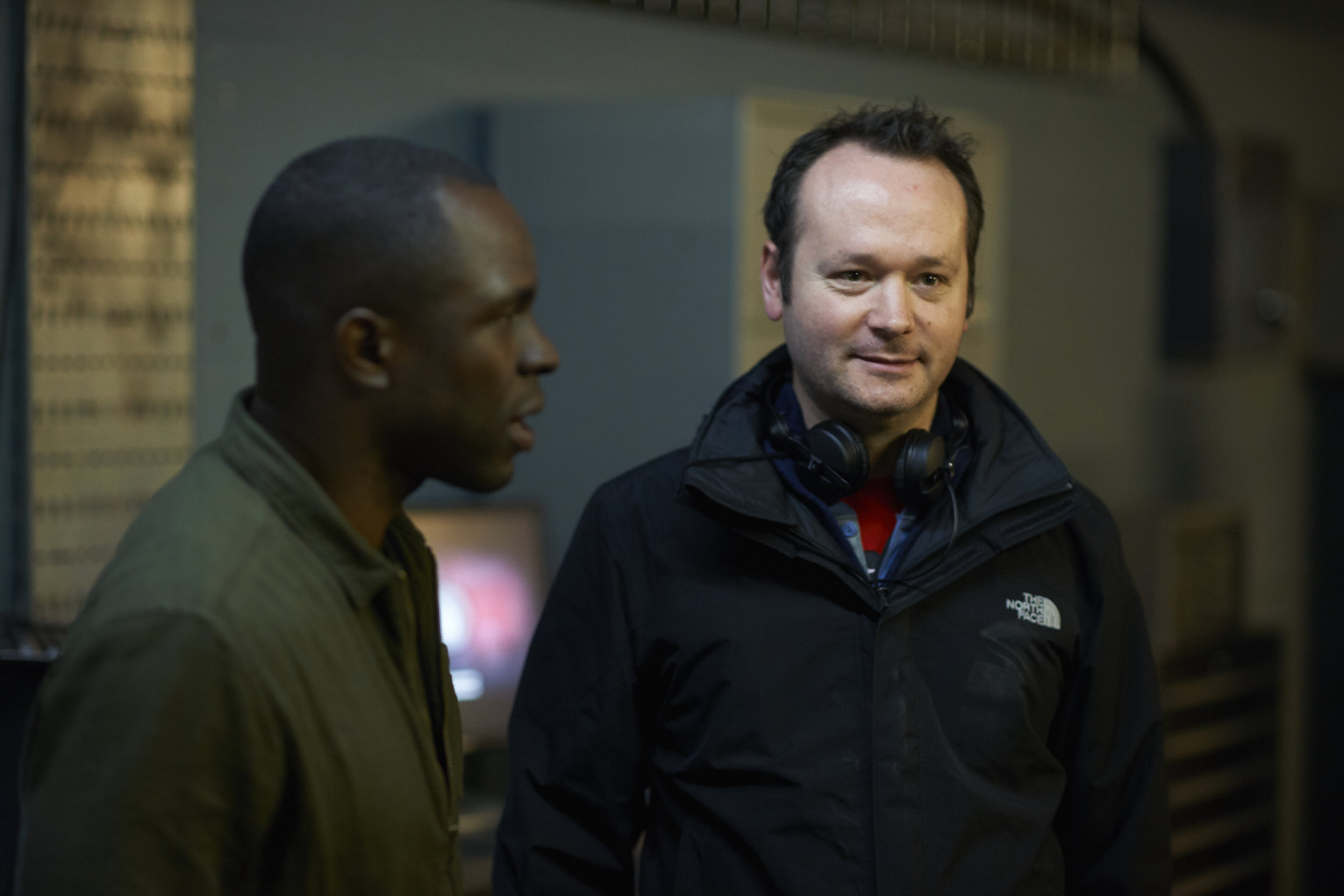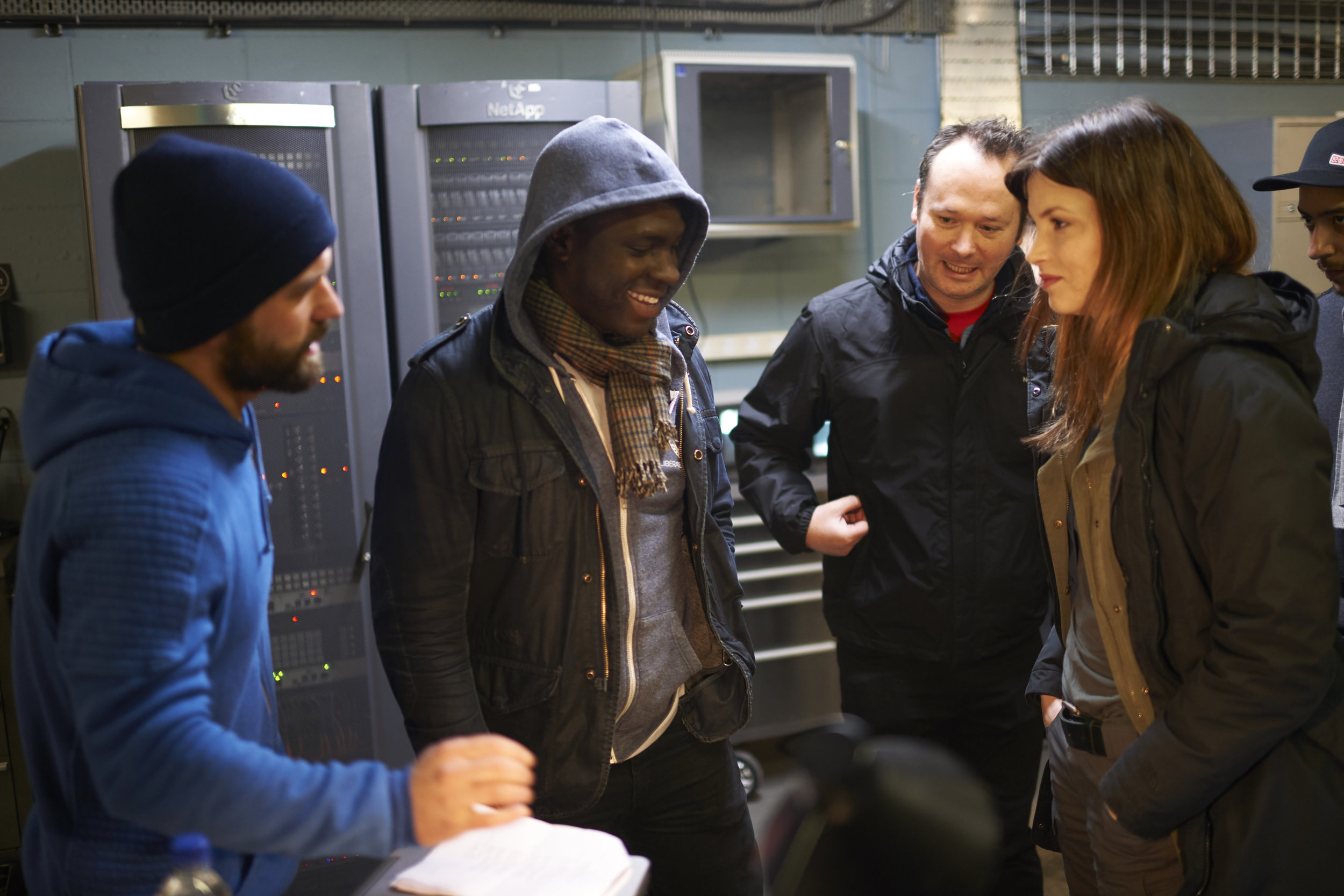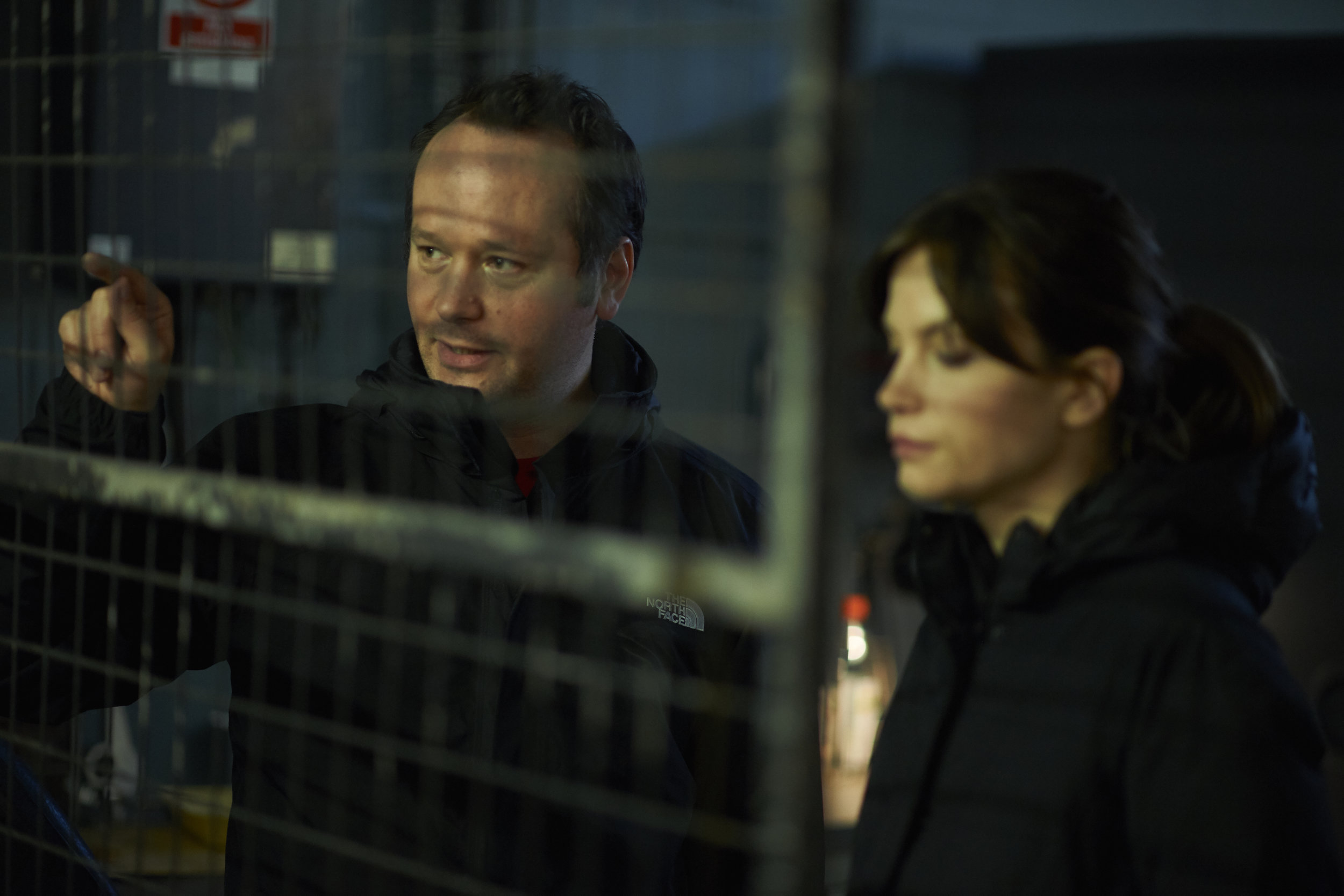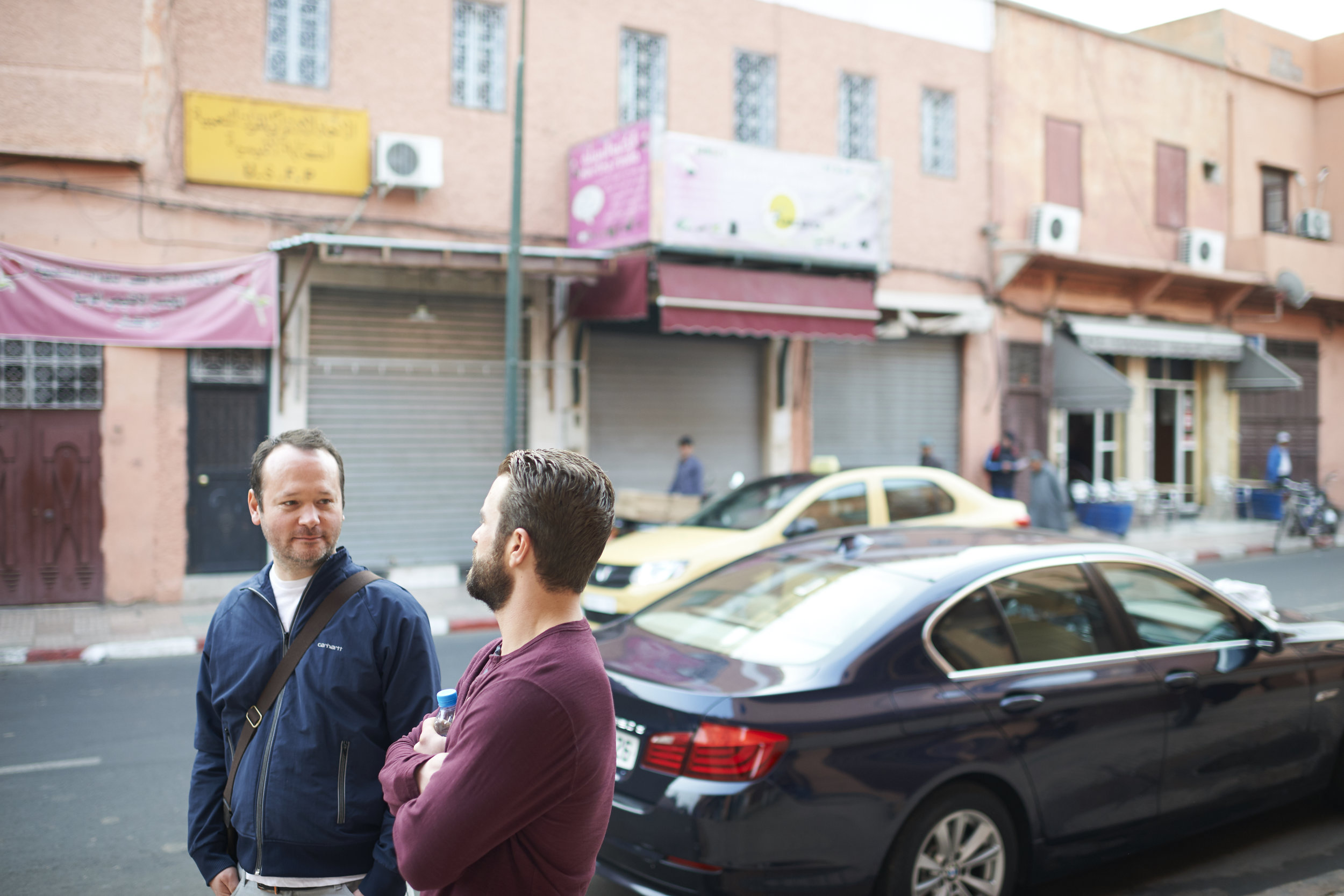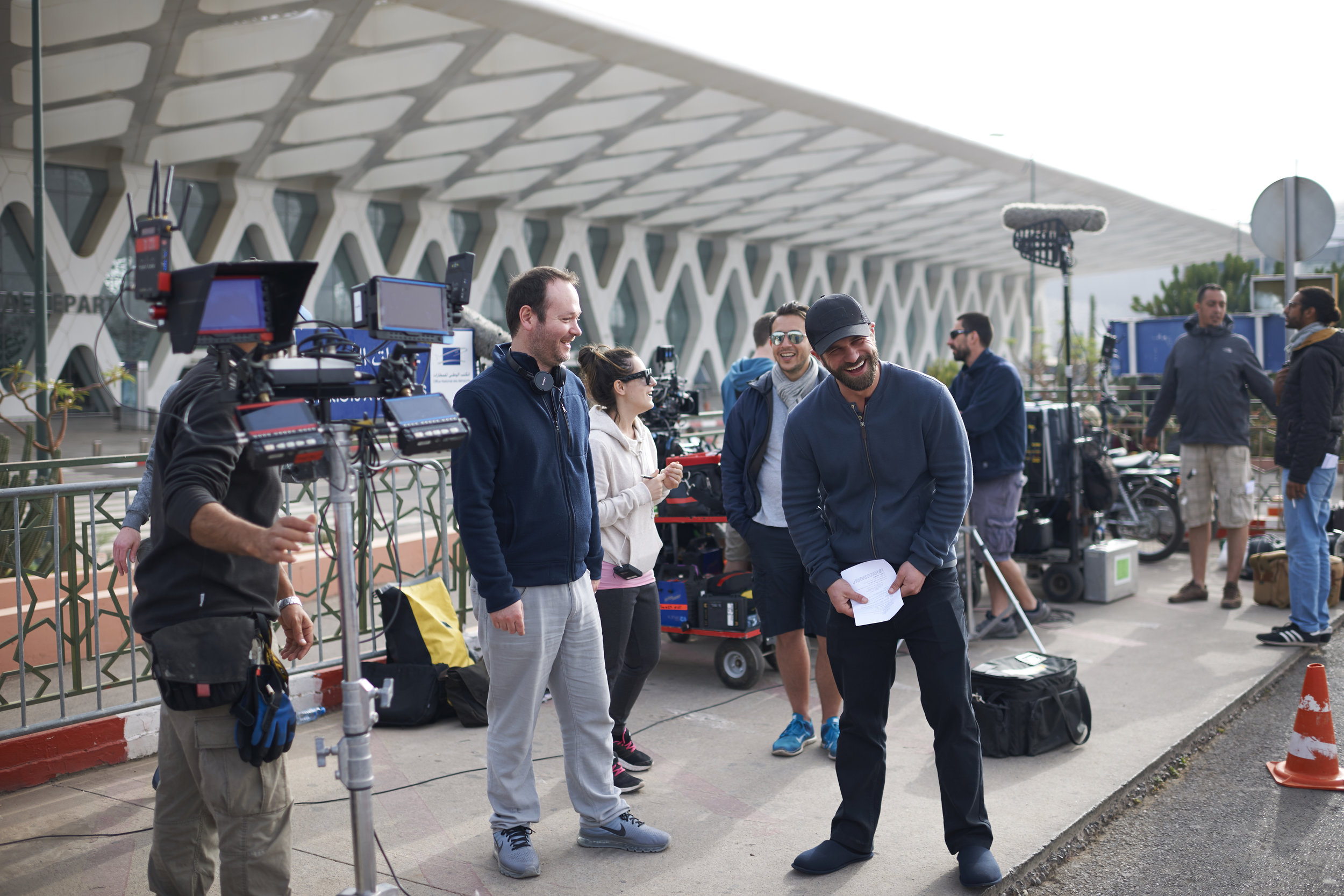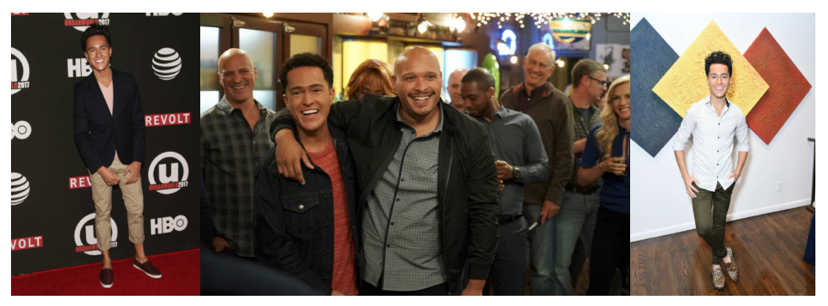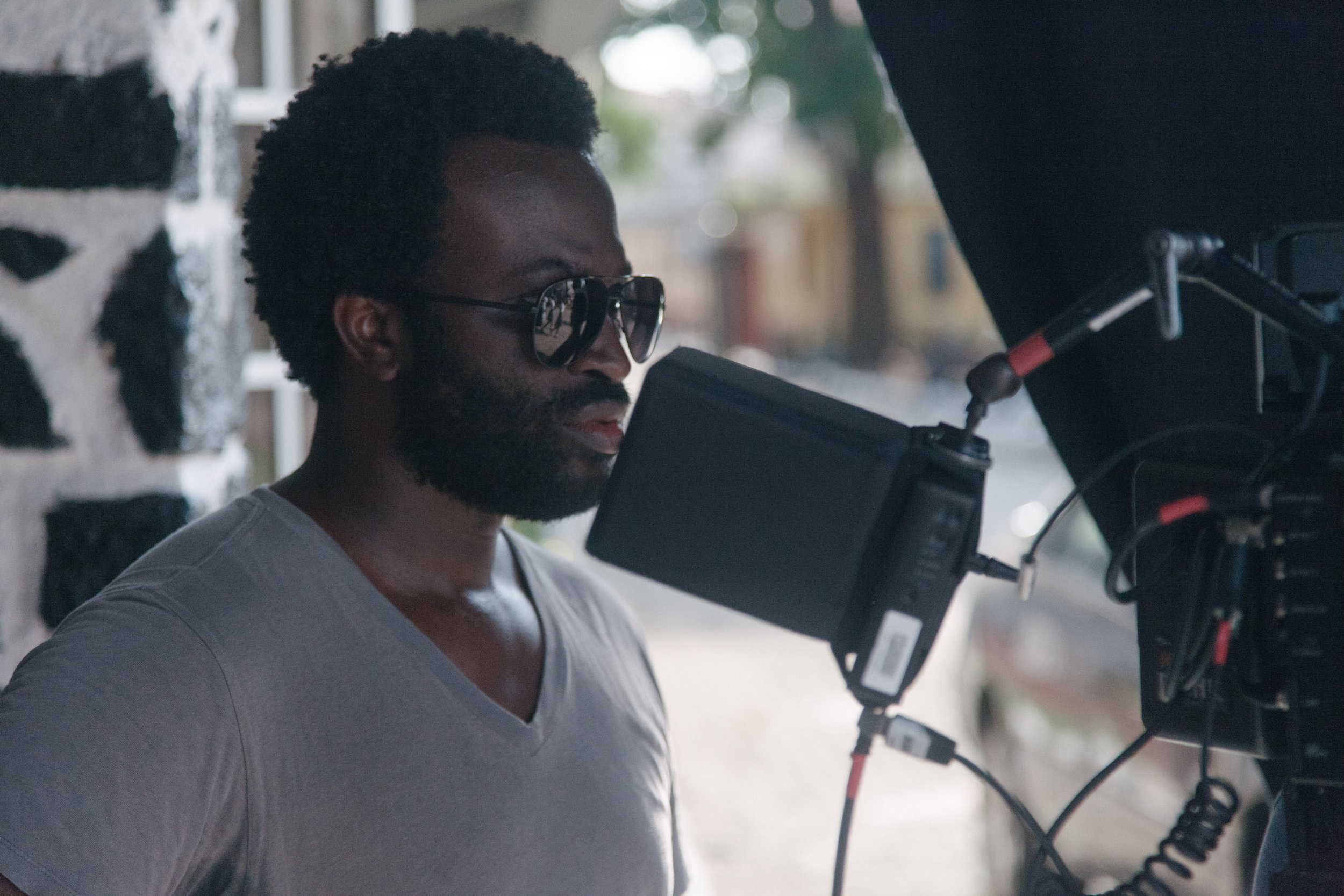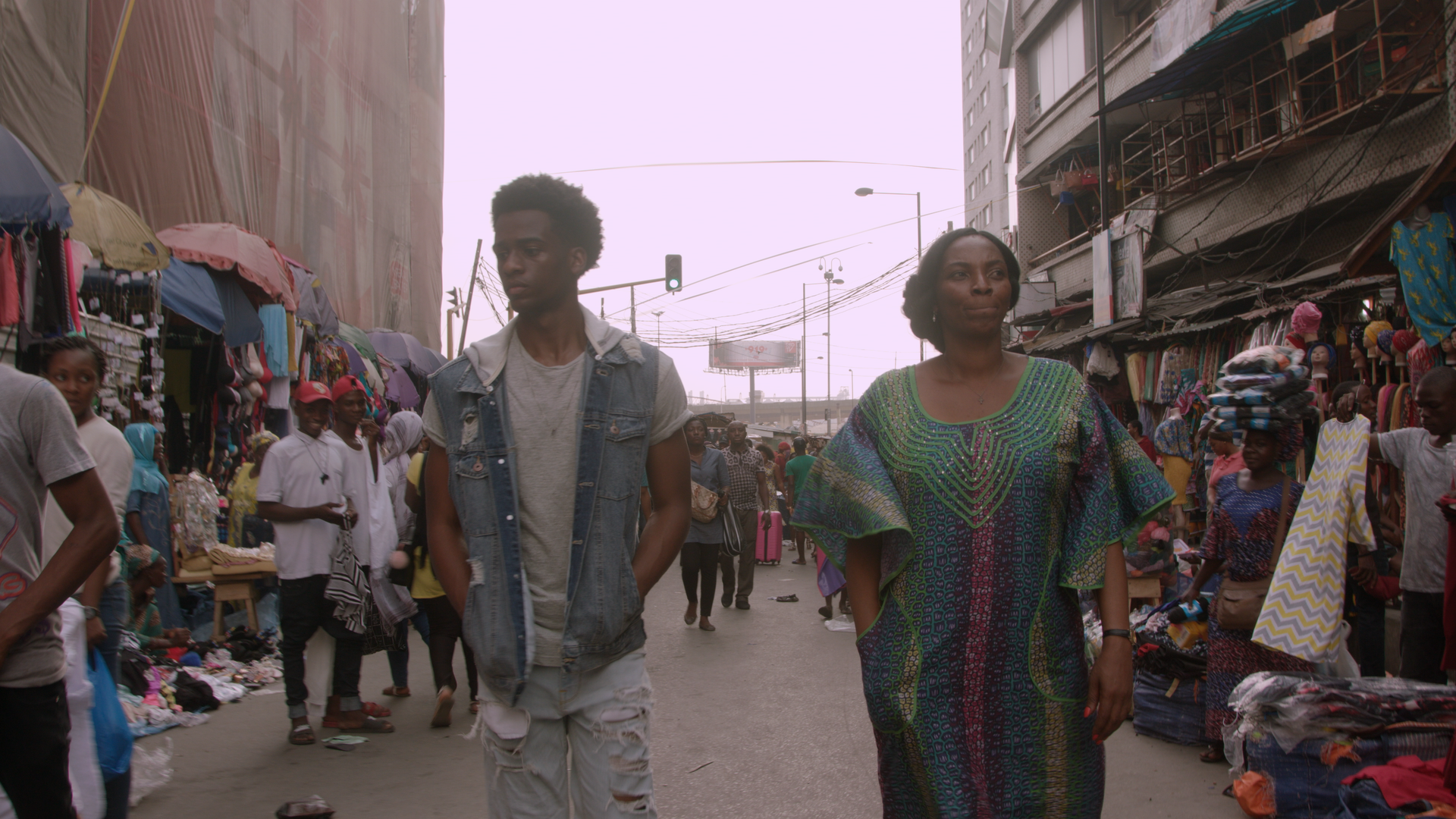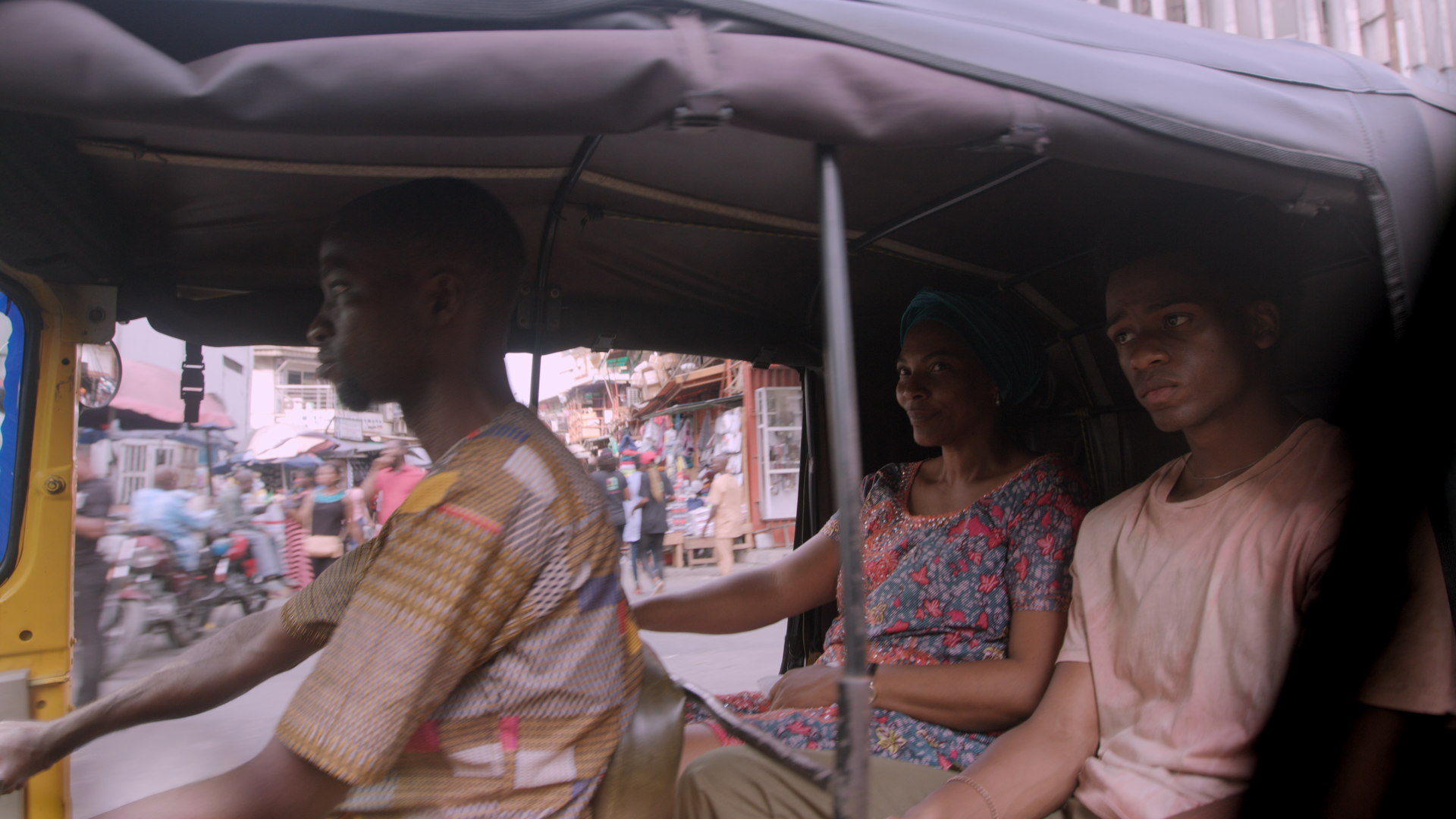Jeff Lima, is a New York City-based actor who is best known for his recurring role as Leon Cruz on NBC’s Chicago Fire.
Jeff got his start in theatre at the age of 11 after gaining acceptance to the “by audition only” junior high school, Tito Puente Performing Arts Academy. Jeff was immediately immersed in the teachings of Meisner and Stanislaski with ambitions to secure a seat in a premiere performing arts high school. His tenacity and diligent preparation earned him a seat at the Talent Unlimited High School where he’d study theatre all throughout his high school years. Fortunately for Jeff, preparation met opportunity. The year right before high school, Jeff landed a role in a short film titled ‘Gowanus Brooklyn’, which would later become a feature length Oscar-nominate film. He embarked upon his high school years having already starred opposite Ryan Gosling in ‘Half Nelson’.
During his tenure at Talent Unlimited, Jeff was not allowed to audition for any professional productions, as is the case with most Manhattan performing arts high schools. His insatiable approach didn’t allow him to align himself with the aforementioned school policy. Jeff would often sneak to auditions and one in particular would serve as the catalyst he’d been hoping for!
During an audition in which Jeff spent about an hour with the director and producer during a first session, a spectator observed from afar. At the conclusion of the audition, that spectator followed Jeff to the elevators and asked that he submit his headshot and resume to her agent for consideration. The spectator would go on to win the 2015 Emmy for best Actress in a Comedy Series… it was Gina Rodriguez!
Having remained a client with the agent to whom Rodriguez introduced Jeff, he secured a commendable amount of work in film and television. Jeff has guest starred on CBS’s Blue Bloods, Netflix’s The Get Down, and NBC’s Taxi Brooklyn. He eventually landed a series arc on the HBO mini-series Show Me A Hero and currently recurs on NBC’s Chicago Fire.
Jeff hopes he can be as influential as many of the educators he’s come across. He is a founding member of the Achievement Lab After School and Summer Camp, which serves 150 at-risk children, annually. Currently, he is shopping to finance short films penned by serious filmmakers. His goal is to identify films that are prevalent to today’s society, and to see the films to fruition.
We talked to Jeff, and here are the excerpts:
I love that I can be a catalyst for someone feeling an overwhelming emotion. Those instances wherein we’re consumed with feeling are scarce. We don’t feel enough. We go through life being numb.
But in those moments in which we’ve fallen in love like Glen Close in Fatal Attraction or when we’re stuttering from shock after cheating death like Tom Hanks in Captain Phillips, we’ve reached a level of living that is incomparable.
I love that the art of acting affords this to me. If I can stir an audience’s inner being, I’ve done my job and I’m happy because I know how rich it is to be moved by a performance. As an actor, I get that platform.
And, as an actor, I love having a makeup artist- and if you’ve judged me for that- wow!
Without trying, actors influence. This holds for both actors who take action and those who are ok with inaction. None of those two approaches are more powerful than the other. For that reason, it’s the actor’s responsibility to be involved.
A certain somebody recently made the decision to break their career long silence on politics and it resulted in a surge in voter registration.
Our convictions on all issues are probably as unique as a fingerprint. Whatever our convictions are, we should be part of that conversation.
Something that plagued me as child was bullying. Here I am years later, an actor, and I’m active in the discourse on bullying. It’s my social responsibility. I can affect change.
I always ask myself if I belong in certain rooms. I’m sure folks who aren’t part of a minority group don’t feel this way, at the same frequency.
Now here’s the issue I take; if I’m part of a minority group and I’ve merited access, then I must be pretty darn good. But I struggle with the practicality of this theory. Too often I’m inundated with thoughts that lead me to believe that I am not deserving. Instances in which I walk into a room not questioning myself are rare but feel great.
Being part of a minority group means overcoming a lot of hurdles but it really makes all the difference in the world to remember that you belong exactly where you are. Your work has earned you the right to be in that place. Embrace it.
I like a lot of old movies. Its hard to find someone who will sit with me to watch Sophie’s Choice, Scent of a Woman, and other oldies.
Oh my god- I’m obsessed with Stanley Kubrick. I could watch The Shining and Eyes Wide Shut everyday! His films are hypnotizing. Maybe I just like an eerie movie score!
My favorite thing about NYC is that you can literally walk to any audition, in character, drilling lines, and no one will look at you twice. We all assume the next person is crazy.
My least favorite thing is the parking. The parking restriction signs are like reading an algorithm. There’s a fire hydrant every 20 feet and the traffic agents are relentless- God bless them. You don’t know true heartbreak until you’re running late to an audition and realize your car was towed.
—————
Here’s the full audio/podcast of our conversation with Jeff.

